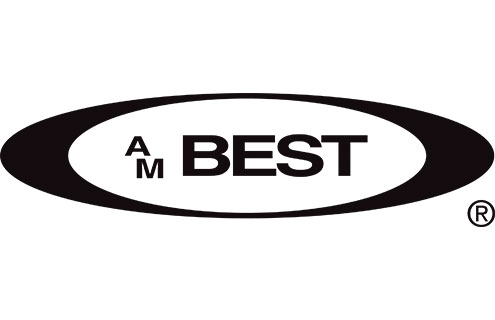A.M. Best has revised the outlook to negative from stable and affirmed the financial strength rating of “A- (Excellent)” and the issuer credit rating of "a-" of Restoration Risk Retention Group (RRRG), domiciled in Burlington, Vermont.
The revision of the outlook to negative is due to what A.M Best has called a “significant reduction” in risk-adjusted capitalisation in 2014 coupled with a “material increase” in the accident year loss and loss adjustment expense ratio in the past two years.
The reduced level of capitalisation, as measured by Best's Capital Adequacy Ratio (BCAR) model, was primarily a result of RRRG increasing its investment in equities, which increased the capital requirement to support those assets.
Common stock leverage is now well above industry norms, according to A.M Best. As such, BCAR is only minimally supportive of the ratings.
That agency stated: “It is A.M. Best's belief that risk-adjusted capital may not support the current ratings if there is a material correction in the equity markets, should growth not be supported by a proportional increase in surplus or should underwriting performance diminish overall earnings.”
In addition, BCAR would continue to be weakened by further increases in equity leverage.
Additionally, pre-tax operating income was negative for RRRG in 2014, continuing a three-year trend, mainly due to weaker underwriting performance.
The affirmation of the company's ratings was based upon its historically better than average profitability, produced primarily by underwriting income and realized capital gains supplementing net investment income.
In addition, the company has expertise in providing general liability, pollution liability and limited service and repair liability insurance coverage to franchisees of Servpro Industries, RRRG's sponsor.
RRRG's balance sheet strength had historically been very supportive of the ratings, achieved mainly through organic surplus growth, moderate underwriting risk growth, favourable reserve development, strong liquidity measures and conservative investing, as well as the initial contribution of Servpro.
A.M. Best has stated that the ratings may be downgraded should risk-adjusted capital weaken further, if the decline in profitability does not reverse or if reserve development continues to trend unfavourably.
The rating outlook may be changed to stable with material deleveraging of the investments in the near-term or sustained improvement in capitalisation over the mid-term.






